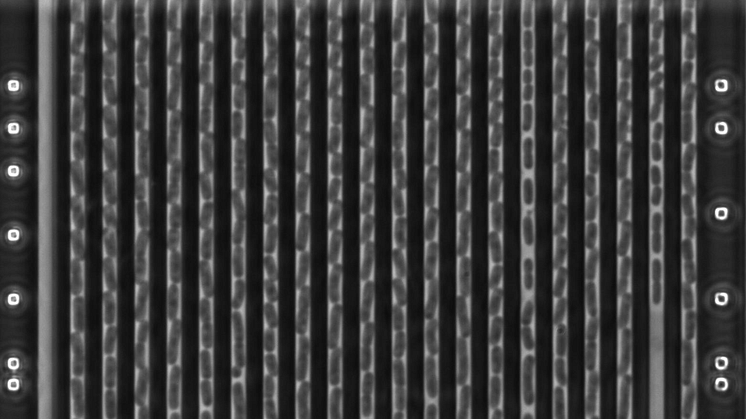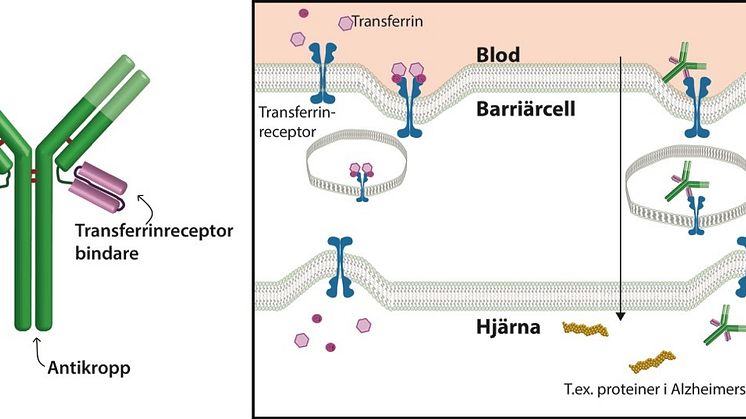New technology for accelerated wound healing discovered
Researchers at Uppsala University and SLU have found a new way of accelerating wound healing. The technology and the mode of action method published in PNAS involves using lactic acid bacteria as vectors to produce and deliver a human chemokine on site in the wounds.

